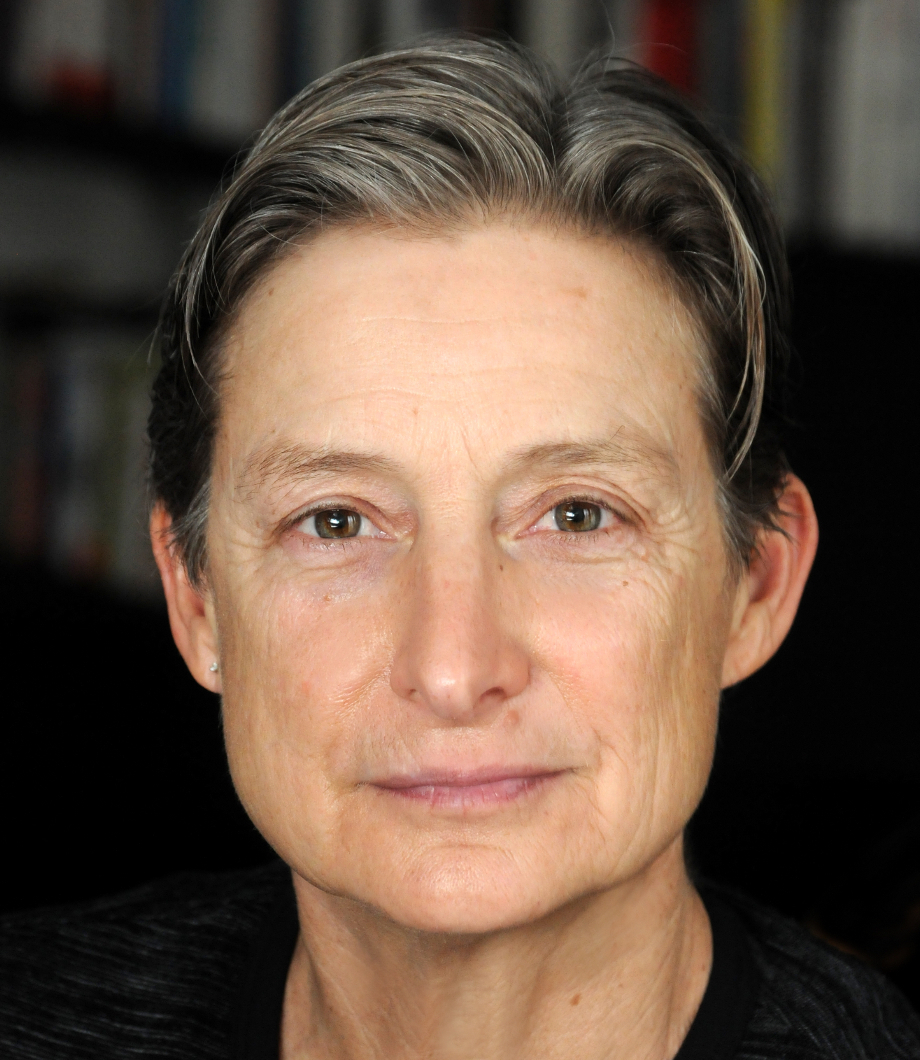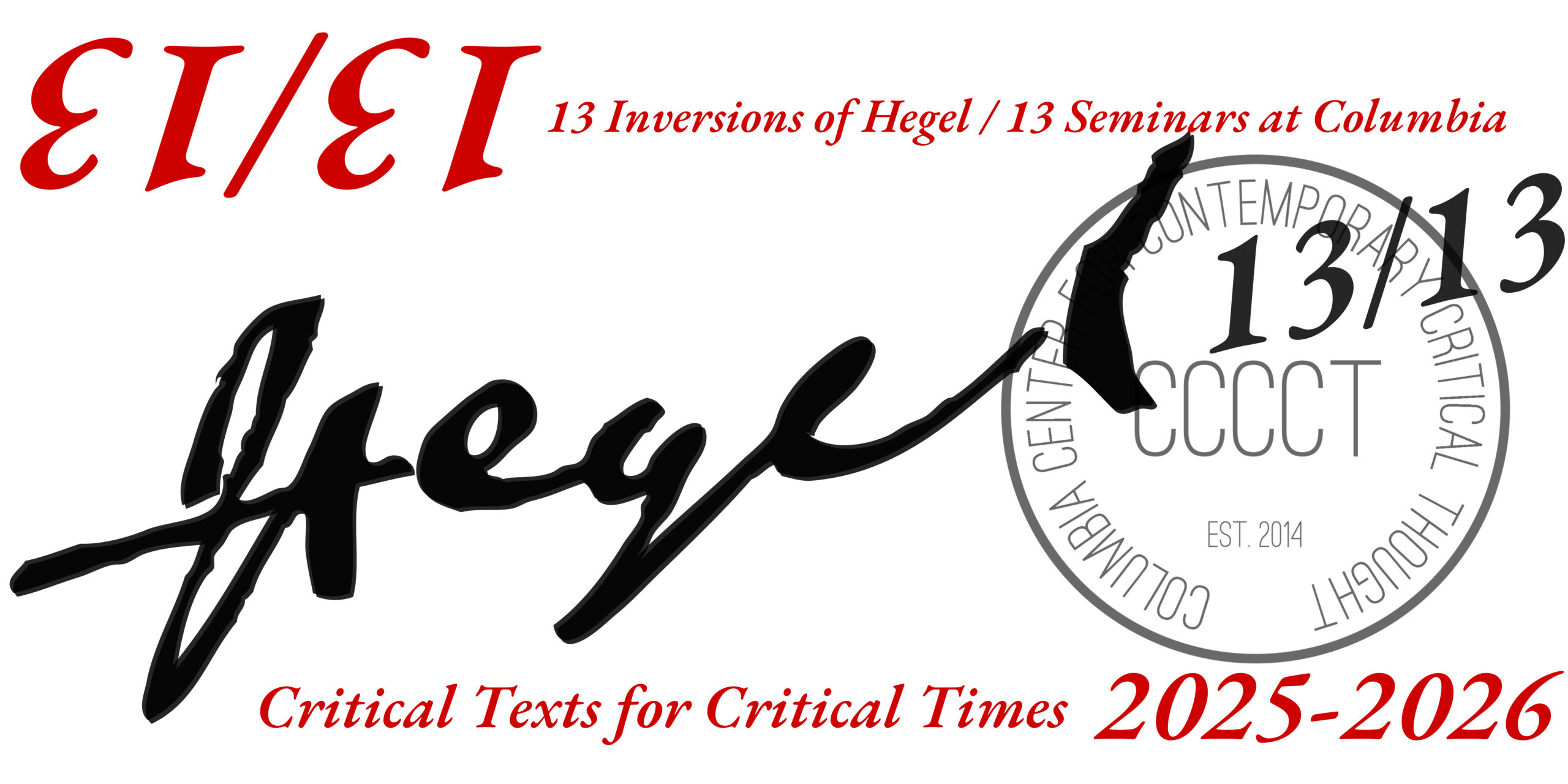Join us on Wednesday March 4, 2026, at 6:15PM for a seminar with Judith Butler
RSVP here

By University of California, Berkeley
Judith Butler’s philosophy of the desiring subject traces back to their first book, Subjects of Desire: Hegelian Reflections in Twentieth-Century France, where they traced the genesis of the desiring subject back to Hegel’s Phenomenology of Spirit and its influence on Kojève, Hyppolite, Sartre, Lacan, Deleuze, and Foucault. Since then, reading Hegel has played a central role in Butler’s philosophy and praxis. In this seminar, we ask with Judith Butler, why read Hegel now?
Core Readings
Judith Butler, “Why Read Hegel Now?” Crisis & Critique, Vol. 8, Issue 2 (2021): 41-55
Judith Butler, “To Sense What is Living in the Other: Hegel’s Early Love” from Senses of the Subject (Fordham University Press, 2015)
Judith Butler, “Hegel in France” in The Columbia History of Twentieth-Century French Thought (2006)
Judith Butler, “Stubborn Attachment, Bodily Subjection,” 31-62, in The Psychic Life of Power: Theories in Subjection (Stanford University Press, 1997)
Judith Butler, Subjects of Desire: Hegelian Reflections in Twentieth-Century France (New York: Columbia University Press, 2012 [1987]).
* * *
In another session, we will explore the future of Hegelian inversions
In a final segment, we will explore the future of Hegelian confrontations. Heidegger famously argued that Hegel brought about the end of history. Many in Heidegger’s wake argued that Hegel had no future. As Jacques Derrida wrote in the Preface to Catherine Malabou’s book, The Future of Hegel: “We are all the inheritors or the descendants of Marx, of Heidegger, and a few others, and we often, perhaps always, have lived, for many decades, in the reassuring certainty that the Hegelian legacy is over and done with.”[i] The Hegelian legacy may be over—or not—but the task of Hegel 13/13 has been to explore the productivity of confronting Hegel even today. Where do these confrontations ultimately lead us? We close the 13/13 on this question.
Core Readings
Catherine Malabou, The Future of Hegel: Plasticity, Temporality, and Dialectic, trans. Lisabeth During (New York: Routledge, 2004).
Omar Quiñonez, “Plasticity and neoplasticity in Malabou’s the future of Hegel: addressing the concept’s ambiguity,” Continental Philosophy Review (2025), available at https://doi.org/10.1007/s11007-025-09673-7.
Notes
[i] Catherine Malabou, The Future of Hegel: Plasticity, Temporality, and Dialectic, trans. Lisabeth During (New York: Routledge, 2004), xviii.
